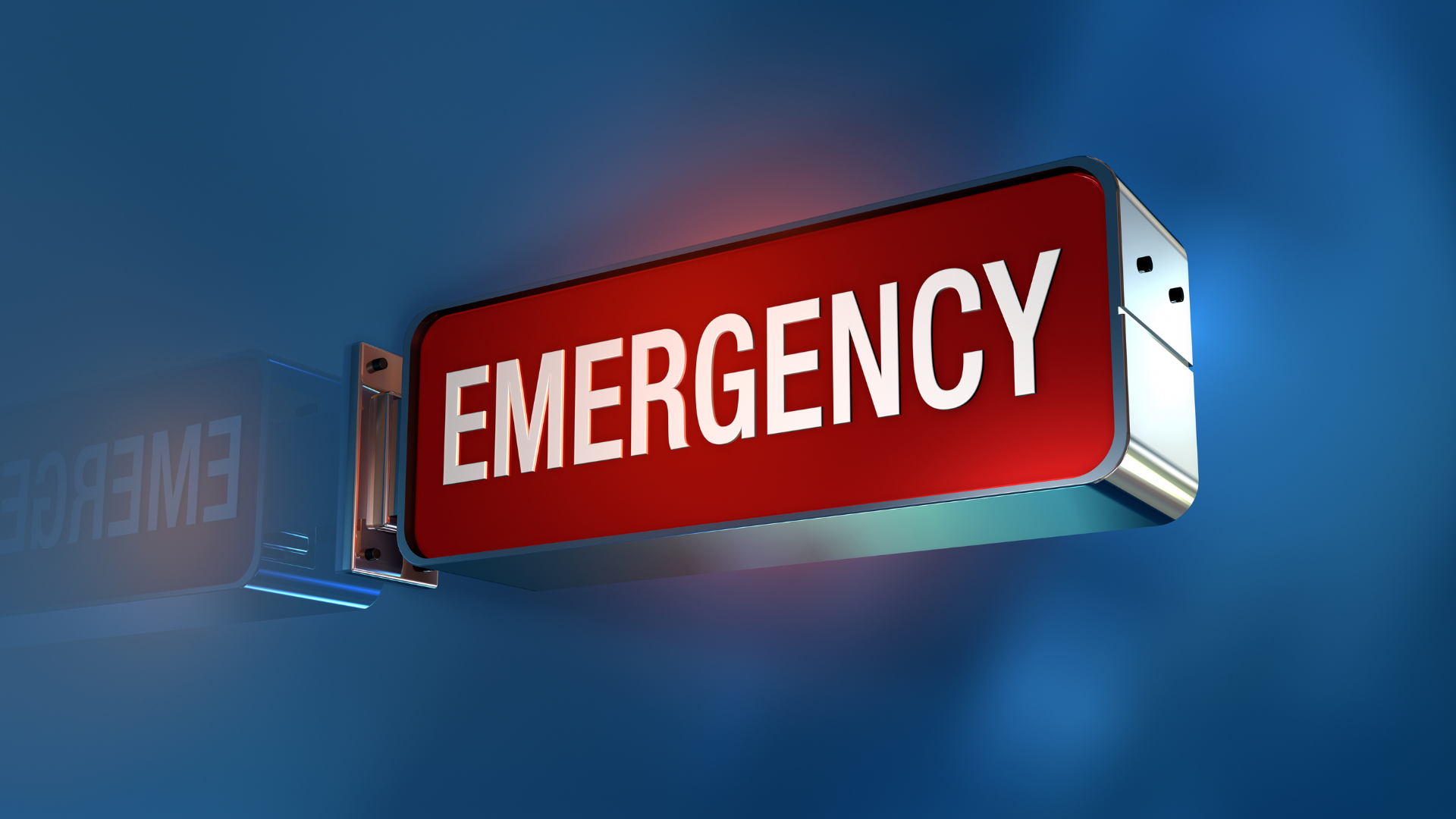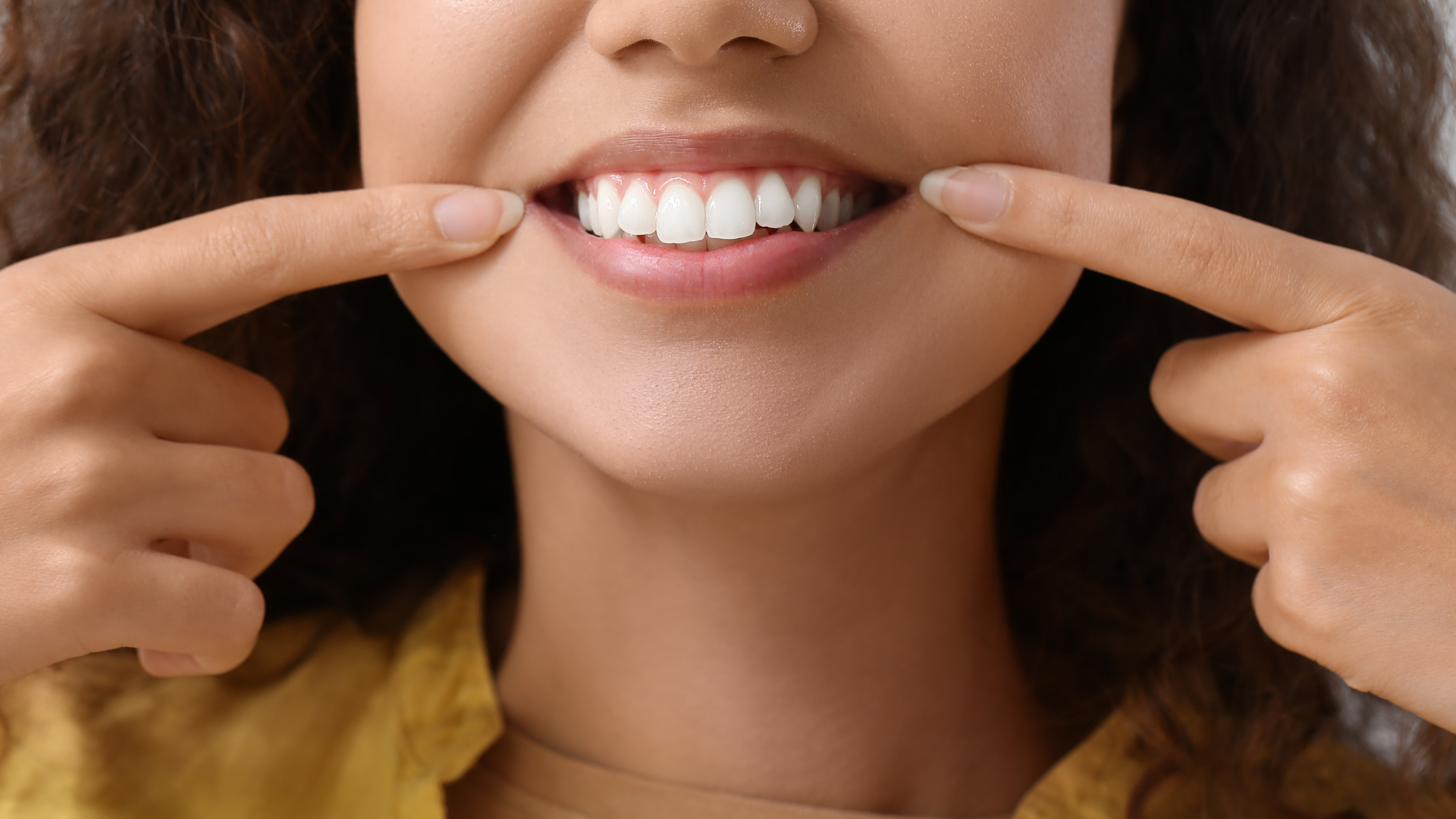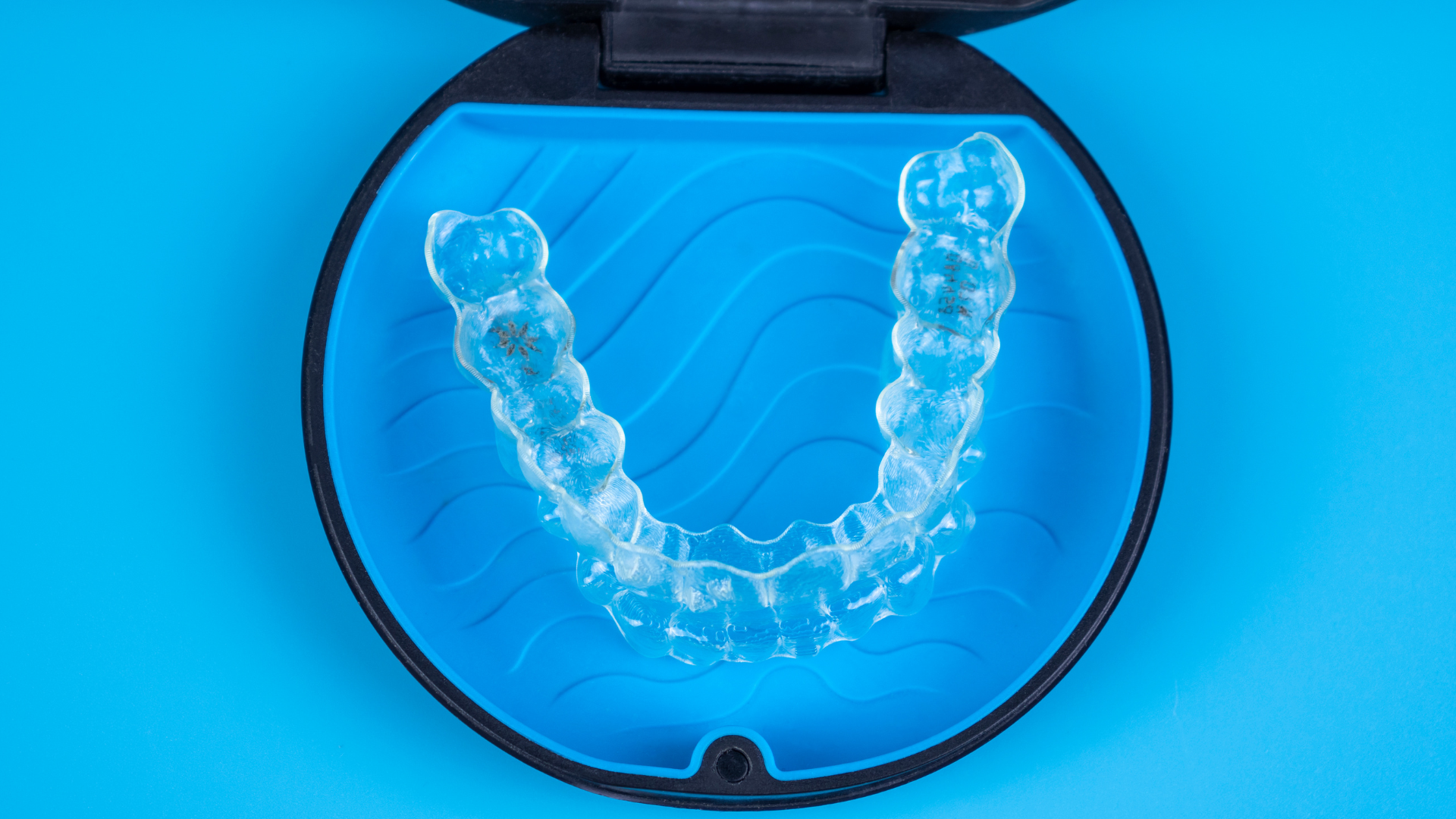The Do’s and Don'ts After a Dental Injury
Why Immediate Action Matters
A dental injury can happen unexpectedly—from sports accidents and falls to biting down on something hard. What you do in the minutes and hours following the injury can make a big difference in your recovery. Acting quickly can sometimes mean the difference between saving or losing a tooth. Knowing the right steps (and mistakes to avoid) helps protect your oral health and prevent long-term damage.
Common Types of Dental Injuries
Dental injuries can range from minor chips and cracks to more severe problems like knocked-out teeth or jaw fractures. Some injuries are obvious, like heavy bleeding or severe pain, while others may seem minor at first but develop complications later. Even if the damage doesn’t look serious, hidden issues such as root damage or infections can occur. That’s why getting professional evaluation is always a must.
Do: Stay Calm and Assess the Situation
The first step after any dental injury is to stay calm. Panic can make the situation feel worse and cause you to overlook important details. Carefully assess the injury by checking for bleeding, swelling, or loose teeth. If there’s significant pain, applying a cold compress to the face can help reduce swelling and discomfort while you arrange dental care.
Don’t: Ignore the Pain or Delay Treatment
Some people assume dental pain will pass on its own, but this is rarely the case after an injury. Waiting too long can increase the risk of infection or permanent damage. For example, a small crack may spread deeper into the tooth if left untreated. Even if the pain seems manageable, scheduling an emergency dental appointment is critical for proper healing.
Do: Preserve a Knocked-Out Tooth Properly
If a tooth gets knocked out, the way you handle it can determine whether it can be saved. Always hold the tooth by the crown (the top part), not the root, to avoid damaging delicate tissues. If possible, gently place the tooth back in its socket without forcing it. Otherwise, store it in a container of milk or keep it inside your cheek until you see a dentist. These steps keep the tooth’s cells alive for potential re-implantation.
Don’t: Scrub or Wrap the Tooth in Tissue
A common mistake after losing a tooth is to scrub it clean or wrap it in tissue. Both actions can damage the root and reduce the chances of saving it. Rinsing the tooth gently with water is enough if it has visible dirt. Remember, keeping the tooth moist is more important than cleaning it perfectly.
Do: Manage Bleeding and Swelling Carefully
For dental injuries involving bleeding, gently bite down on a piece of clean gauze or a damp tea bag to slow the flow. Swelling can be reduced with a cold compress placed on the outside of the cheek for 10–15 minutes at a time. Avoid aspirin or other blood-thinning medications unless directed by a healthcare provider, as they can worsen bleeding.
Don’t: Eat Hard Foods or Apply Pressure
After a dental injury, it’s best to avoid eating hard, crunchy, or sticky foods until you’ve been examined by a dentist. Applying unnecessary pressure to injured teeth or gums can worsen the damage. Stick to soft foods and liquids, and avoid chewing on the injured side of your mouth.
Do: Follow Up With a Dental Professional
Even if your symptoms improve, following up with a dentist ensures that no underlying issues are missed. Dentists can take X-rays, evaluate the condition of your teeth and jaw, and recommend treatment options like bonding, crowns, or root canals if needed. Early intervention prevents complications that may otherwise require more complex care later.
Don’t: Rely Only on Home Remedies
While ice packs and over-the-counter pain relievers can help temporarily, they are not a substitute for professional dental care. Home remedies may mask symptoms without addressing the root cause of the injury. Without treatment, infections, nerve damage, or tooth loss could still occur. Always use home care as a bridge until you can see a dentist.
Do: Learn Prevention for the Future
Once you’ve recovered from a dental injury, it’s worth taking steps to prevent future incidents. If you play sports, invest in a custom mouthguard. Avoid chewing on ice or hard objects like pens. Regular dental checkups also allow your dentist to identify any weaknesses in your teeth before they lead to problems. Prevention ensures your smile stays strong and healthy long term.
Additional Resources
For more helpful tips, check out our guide on
Dental Emergency While Traveling: What Steps Should You Take?. You may also find our post on
Maintaining Your Invisalign: Tips for Optimal Results valuable for understanding how to maintain your invisalign under different conditions.
Final Thoughts
Knowing the do’s and don’ts after a dental injury can make all the difference in protecting your teeth and gums. By acting quickly, avoiding common mistakes, and seeking professional help, you can reduce the risk of long-term damage. Your smile is too important to leave to chance—reach out to us today if you have any questions or to get started with your care.





